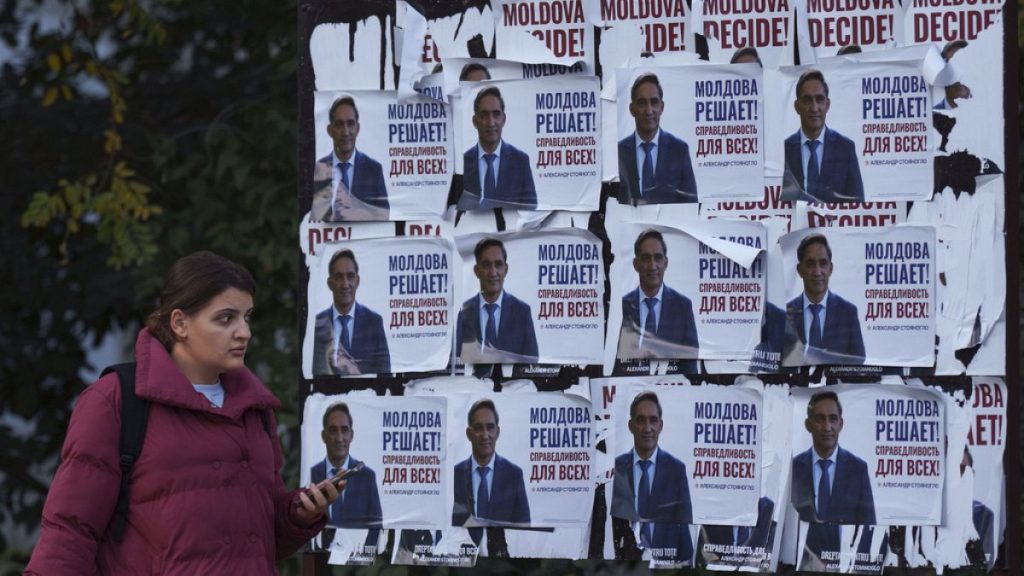Moldovan voters are facing a pivotal decision in their presidential elections on Sunday, with incumbent Maia Sandu, a pro-European candidate, facing off against Alexandr Stoianoglo, who favors closer ties with Russia. The first round of voting took place on October 20th, where Sandu received 42% of the vote and Stoianoglo garnered 26%, leading to a runoff election as neither candidate secured a majority. The runoff has been described as a choice between geopolitical opposites, with Sandu advocating for EU membership while Stoianoglo leans towards Russia. The results of the election will have significant implications for Moldova’s future direction.
In addition to the presidential election, Moldovans also participated in a national referendum on the same day, with 50.35% of voters supporting a path towards EU membership. However, the referendum results were overshadowed by allegations of a vote-buying scheme orchestrated by exiled oligarch Ilan Shor, who currently resides in Russia. Authorities reported that over €35.8 million was funneled to more than 130,000 voters through a Russian bank under international sanctions. Shor denied any involvement in wrongdoing, but the allegations raised concerns about the fairness and democratic integrity of the voting process.
One of the presidential candidates in the race, Ticu, who was considered a long shot, raised alarm about the potential for unfairness and lack of democracy in the voting process. He warned that the involvement of Shor and others connected to Russia could impact the election’s outcome, particularly in regions with heavy Russian influence such as Transnistria. Ticu also highlighted the risks of Russian occupation if troops were to move to the port city of Odesa. These concerns underscore the geopolitical tensions at play in Moldova’s elections and the potential consequences for the country’s future.
The elections in Moldova also revealed flaws in the country’s judiciary and raised doubts about the electoral legitimacy among pro-Moscow factions. Former president Igor Dodon, who is aligned with Russia, rejected the referendum results and criticized Sandu’s leadership. Sandu herself acknowledged that fraud and foreign interference had marred the elections, emphasizing the need for judicial reforms to ensure the country’s stability and future development. Anti-corruption efforts have led to several arrests and investigations into electoral bribery involving state employees, underscoring the challenges facing Moldova’s political system.
Experts warn that Moldova, as one of Europe’s poorest nations, is susceptible to corruption and electoral interference due to economic hardships. With high inflation and a vulnerable population, many Moldovans may be swayed by small sums of money in exchange for their votes. In the lead-up to the 2025 parliamentary elections, there are concerns about potential Russian interference and efforts to sway the outcome in favor of pro-Moscow factions. As support for the ruling pro-Western Party of Action and Solidarity wanes, there is uncertainty about the party’s ability to maintain its majority in the legislature and shape Moldova’s future trajectory. The upcoming elections will be crucial in determining the country’s direction and relationship with global powers.













